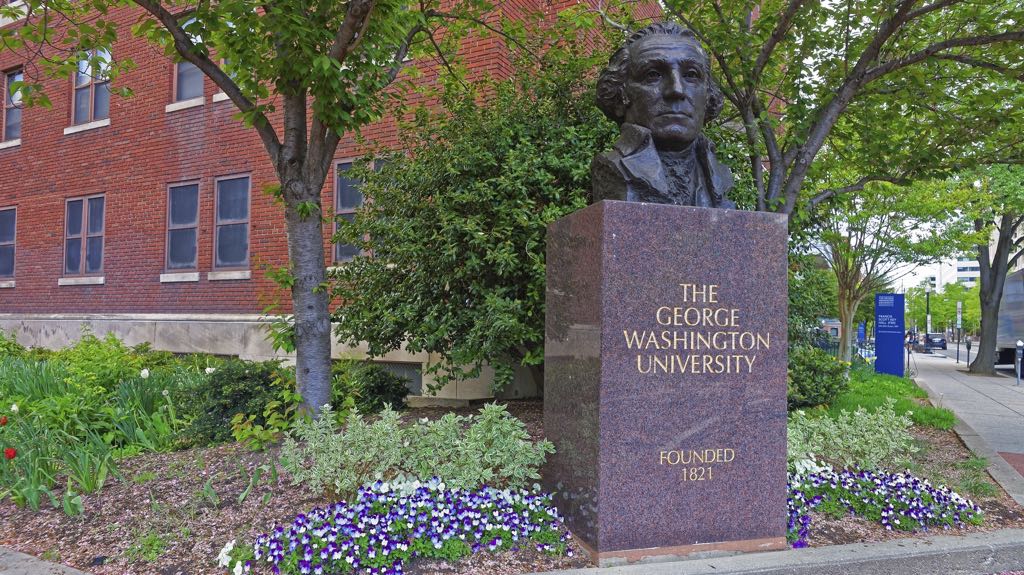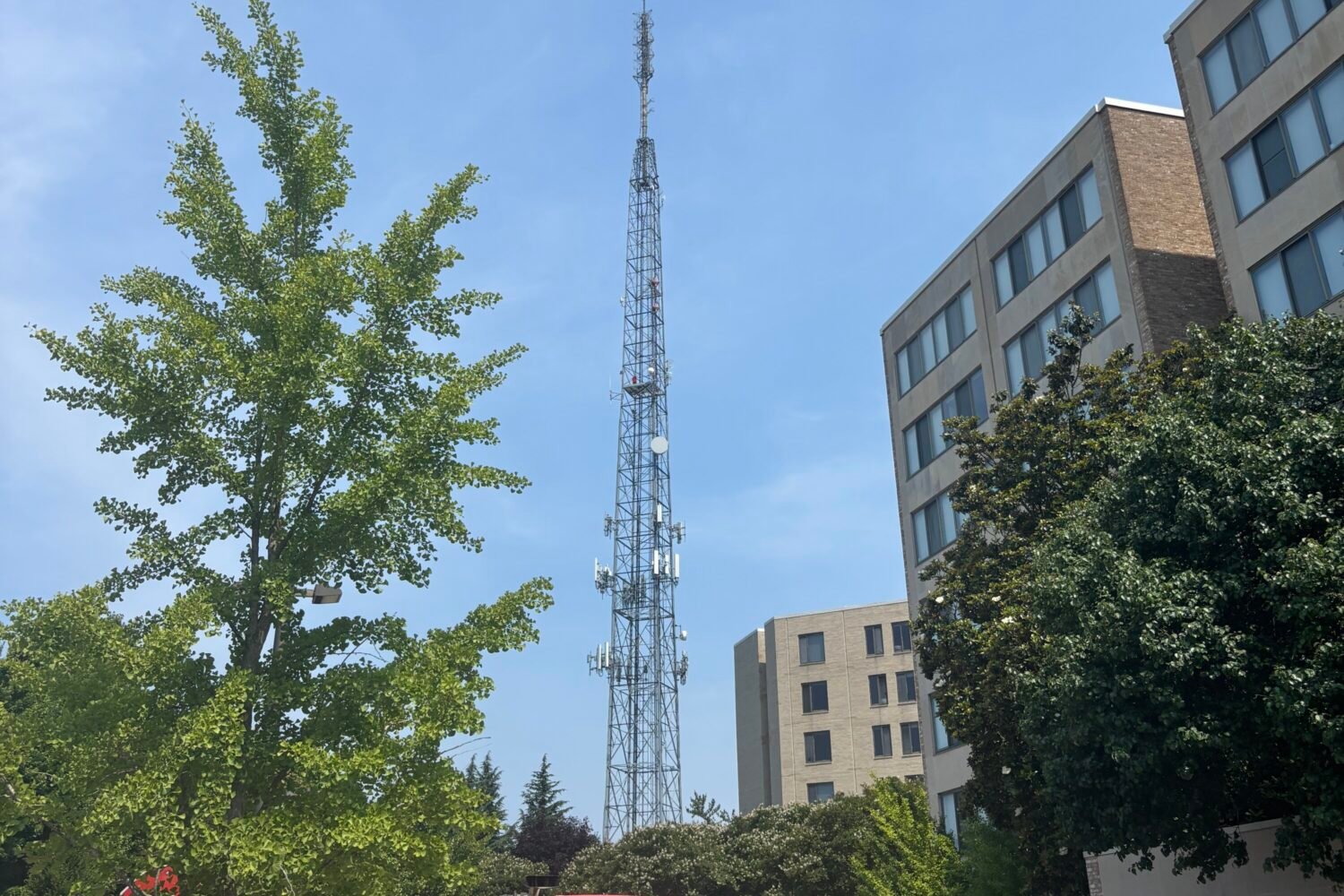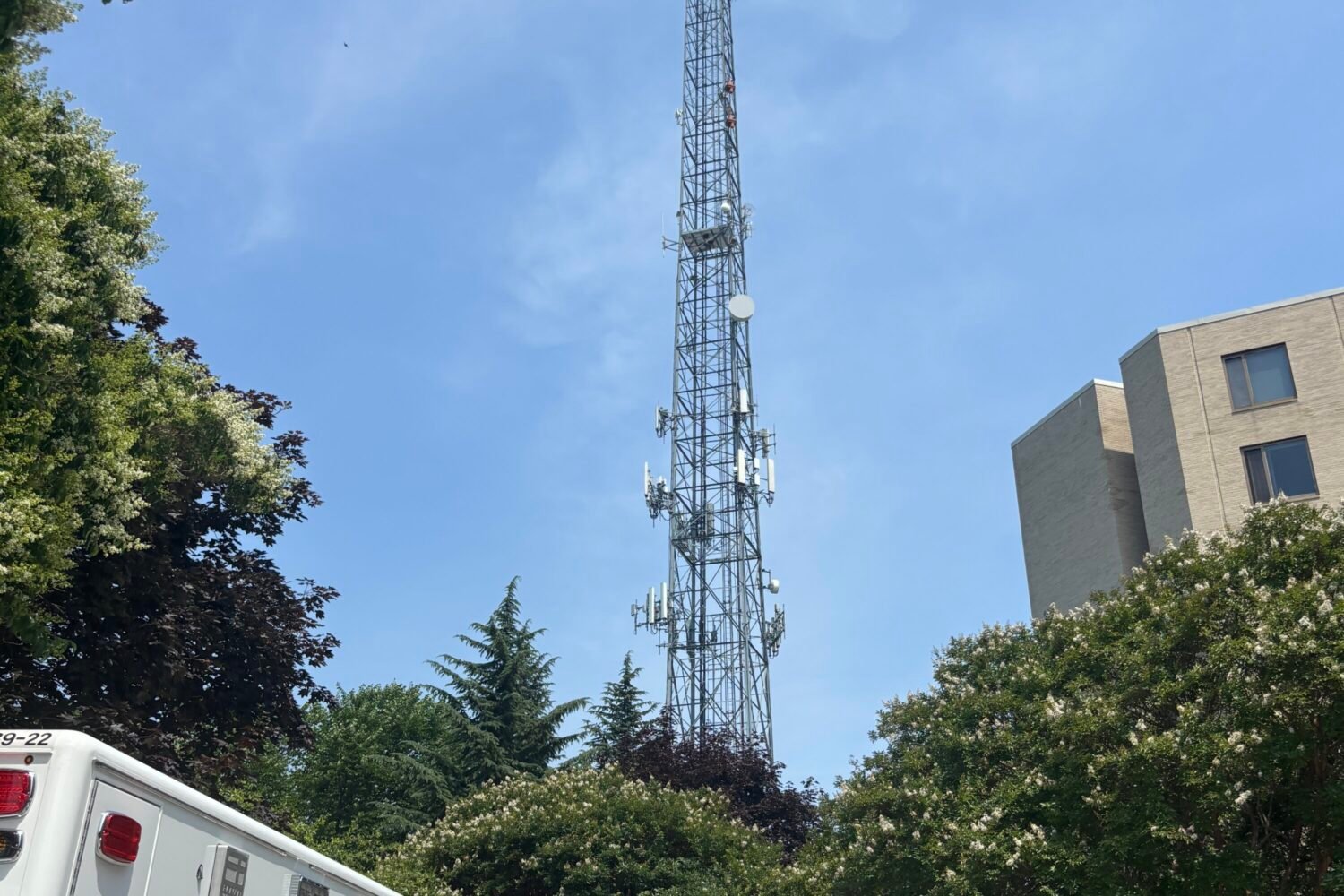Washington-area universities are responding to President Trump’s executive order banning travel into the United States from citizens of seven majority-Muslim countries, with many explicitly warning students and staff from those nations against traveling abroad.
“As a result of this Executive Order, we are warning affected individuals that travel outside of the United States for the foreseeable future is risky because it is likely that you will not be re-admitted to the United States,” a statement from the George Washington University reads.
The order, which Trump signed on Friday, prohibits citizens of Iraq, Iran, Sudan, Somalia, Syria, Libya, and Yemen from entering the United States, even if they hold dual citizenship with another non-US country or are permanent residents with green cards. Lawyers in several jurisdictions, including Virginia, were able to secure court orders allowing travelers from the targeted countries to arrive at US airports, although the order’s enforcement Sunday at Dulles International Airport has been questionable.
A spokeswoman for GW says there are 73 students, visiting scholars, and alumni currently on campus who are affected by Trump’s order. American University Provost Scott Bass writes in a school-wide memorandum that 21 students at the Tenleytown school are citizens of the targeted countries.
“I am comforted to learn that they are all here in the US and none have been detained,” Bass writes. “At this time, we are still ascertaining the impact that the executive order may have on our faculty, but believe that few, if any, faculty are affected.”
Other schools did not provide figures of how many students and staff on their campuses could be impacted by the order, but University of Virginia President Teresa Sullivan also released a statement saying the Charlottesville school will take steps to protect members of its community.
“We have communicated individually with UVA’s students and scholars who are from the seven countries affected by the executive order and advised them not to travel abroad until we know more about the specific practices that will be implemented as a result of the executive order,” Sullivan’s statement reads. “We have communicated with the larger population of international students as well.”
Sullivan’s statement adds that UVA is consulting with immigration attorneys the Virginia state government appoints to serve the school.
In an emailed statement, University of Maryland President Wallace Loh said the effect from Trump’s order on his school could be “significant.”
“The University of Maryland joins other member institutions of the Association of American Universities and the Association of Public and Land-grant Universities in expressing concern over the temporary banning from entry into the US of visa and green card holders of seven mostly Muslim countries,” Loh said. “The potential for negatively impacting the educational and research missions of our campus is significant. We are currently assessing how this executive order may affect the students and scholars at our campus who come from these countries. In the meantime, I join my colleagues from across the US in an emphatic message of support for them and their families. It is in America’s national interest that we continue to welcome talented individuals of all nations to study, teach, and do research here and retain America’s global leadership in higher education.”
On Sunday evening, George Mason University President Ángel Cabrera released a lengthy statement slamming Trump’s order. “This is not only unbefitting a country built by immigrants on the ideals of liberty and equality, but it is also a self-inflicted wound that will damage the very innovation that lies at the root of our nation’s prosperity,” he writes.
Cabrera’s statement also mentions GMU alumnae like former astronaut Anousheh Ansari, who was born in Iran, and women’s rights activist Zainab Salbi, who was born in Iraq. “These women come from countries on President Trump;s list of banned nations,” Cabrera writes. “If we leave talent like that out, it won’t be just their loss. It will also be ours.”
At Georgetown University, President John DeGioia has sent a campus-wide letter in which he writes that the executive order is at odds with the school’s Jesuit affiliation. “Our Catholic and Jesuit identity provides the foundation for our lives together,” he writes. “Guided by our mission, we have placed a special emphasis on interreligious dialogue and our openness to different faith traditions and cultures. This includes our efforts to support a diverse and vibrant Muslim community on campus.”
Georgetown and GMU are also advising their students and staff born in the seven targeted countries to avoid leaving the United States and to consult immigration attorneys if they need to travel.



















